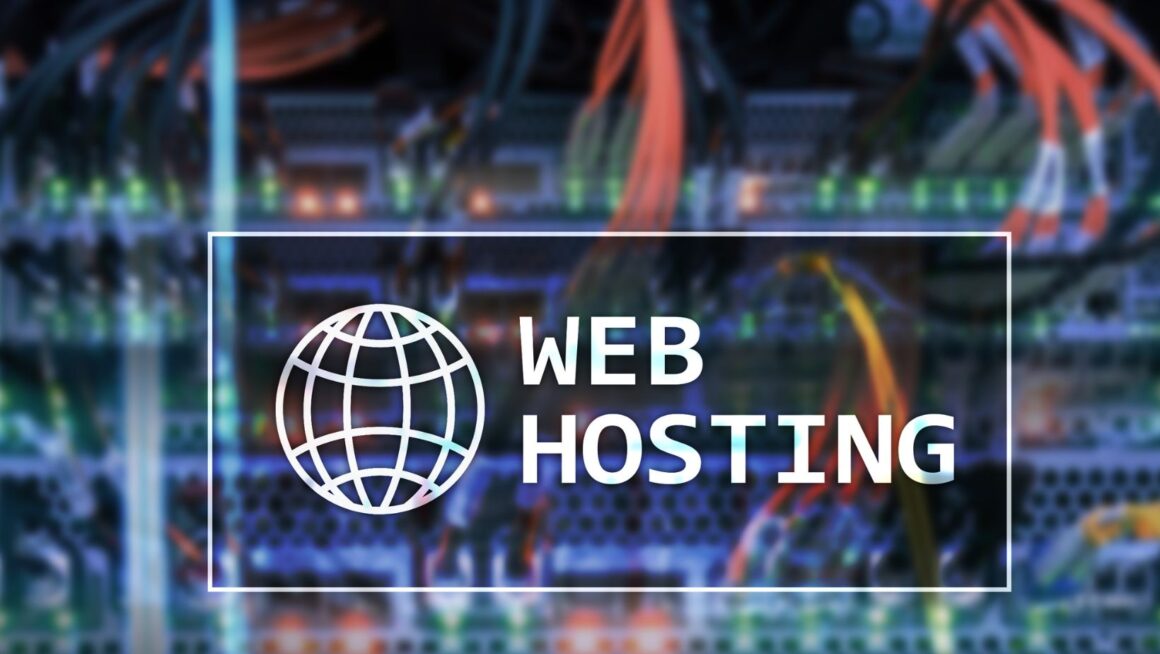Key Takeaways
- Look for firewalls, SSL certificates, backups
- There is no “one-size-fits-all”
- Your host should scale with you
- Choose green hosting
- Test the web host’s support service
- Reviews will reveal common issues customers have
Security is the most crucial and most overlooked aspect of web hosting, as it protects your website and data from malware and hackers. A 2024 survey revealed that 30% of small businesses consider phishing the biggest cyber threat. There were 6.06 billion malware attacks worldwide in 2023.
Look for a web host who provides firewalls, SSL certificates, backups, malware scanning, and encryption. Check their security policies and practices, such as how they update software, handle data breaches, and respond to security incidents.
Table of Contents
ToggleYour Site’s Unique Needs
There is no “one-size-fits-all” hosting plan. If you only have a blog, you might need a web host that offers easy WordPress installation. WordPress is still the best platform for blogging.
It’s completely different for ecommerce sites. It’s understandable to want a piece of that pie. According to data from Statista, the ecommerce penetration rate is anticipated to reach 25% in 2027 worldwide, up from 19% five years earlier. If you have an ecommerce platform, you need a web host that supports payment gateways and handles high traffic well.
Assess your needs and compare the web hosting plans and services based on that.
Scalability
Scalability is the web hosting provider’s ability to accommodate changes in website traffic, demand, and website growth. Your provider of choice should offer scalability options, such as adding or removing resources, upgrading or downgrading your plan, and changing the type of hosting, ex., from shared to VPS.
Check how fast the web hosting provider can implement changes, how much they charge for additional resources, and how they inform customers of the changes.
Environmental Impact
There are more than a billion websites, and data centers account for 2% of all greenhouse gas emissions. They are also among the biggest electric power users. Using renewable energy sources reduces the industry’s carbon impact dramatically. Providers of green hosting, like GreenGeeks, let users contribute positively to the environment.
The Support Service
Poor customer service causes US companies to lose $75 billion a year. 72% of customers will share positive experiences with at least six people, and companies that improve customer experience see revenue growth of 10-15%.

On that note, make sure you test the web host’s support service. Reliable support helps resolve any issues that may arise with your hosting account or website. Look for a web host that provides support by phone, chat, email, and other channels. Check the support availability and quality. Consider the response speed, how knowledgeable the support team is, and how they treat customers.
Customer Ratings and Evaluation
Customer reviews and ratings might be the last thing you consider when choosing a web hosting provider. However, they can give invaluable insight into the company’s reputation and reliability. They can help you identify common issues other customers have and each provider’s strengths and weaknesses.

Check customer reviews on review sites, forums, and social media. As of 2024, 49% of consumers trust reviews and personal recommendations equally. It might be time to join the 94% who say reviews have made them avoid a company.
FAQ
How do I know my hosting requirements?
- Know your website’s purpose
- Storage needs
- Bandwidth
- Traffic volume
- Support and essential tools.
Should I consider hosting my website?
When you host your website yourself, you control the server. You can adjust settings to make your site run better. However, you need technical skills and knowledge, or to hire someone who has them. It’s much cheaper to get managed web hosting.



